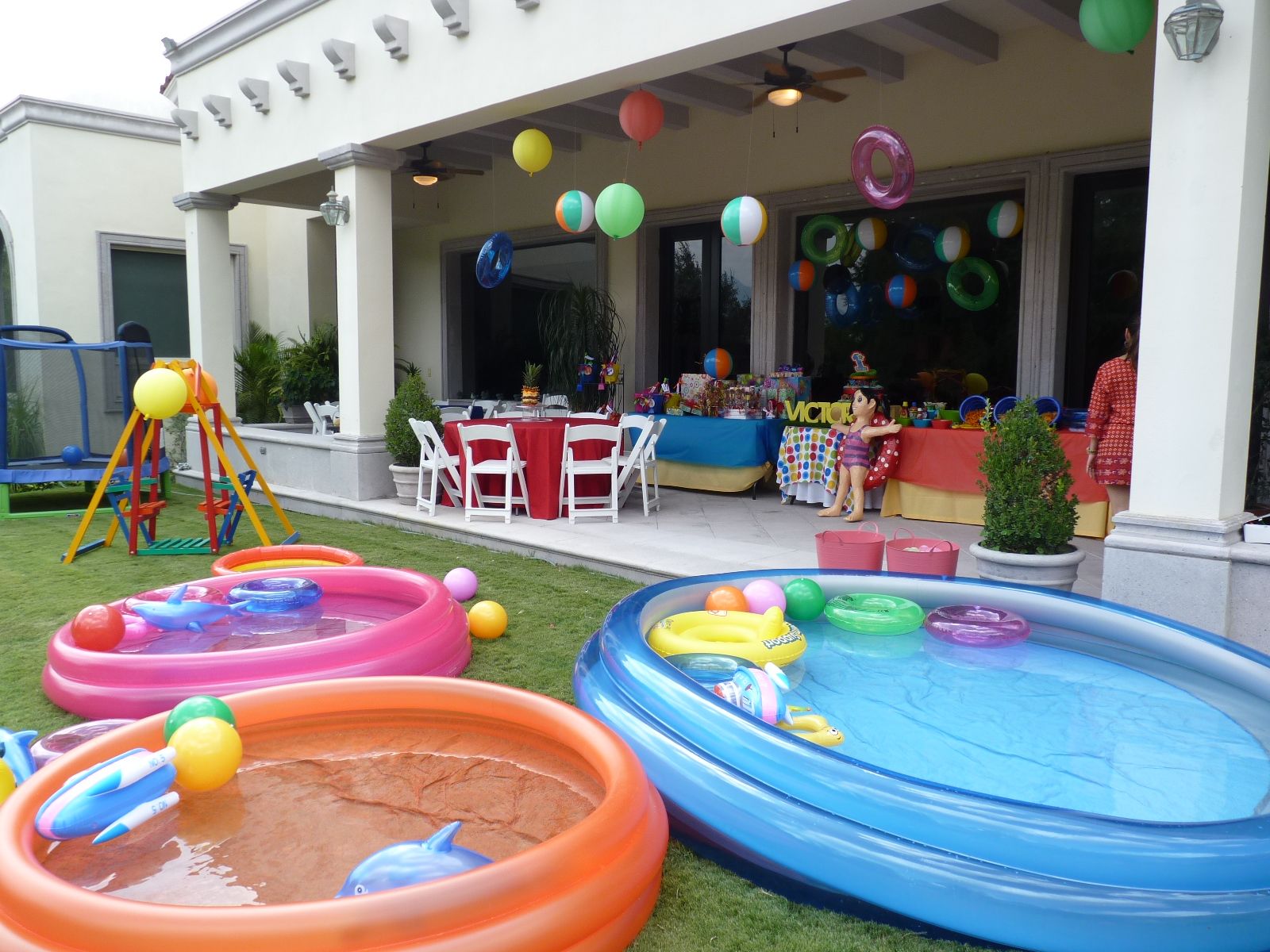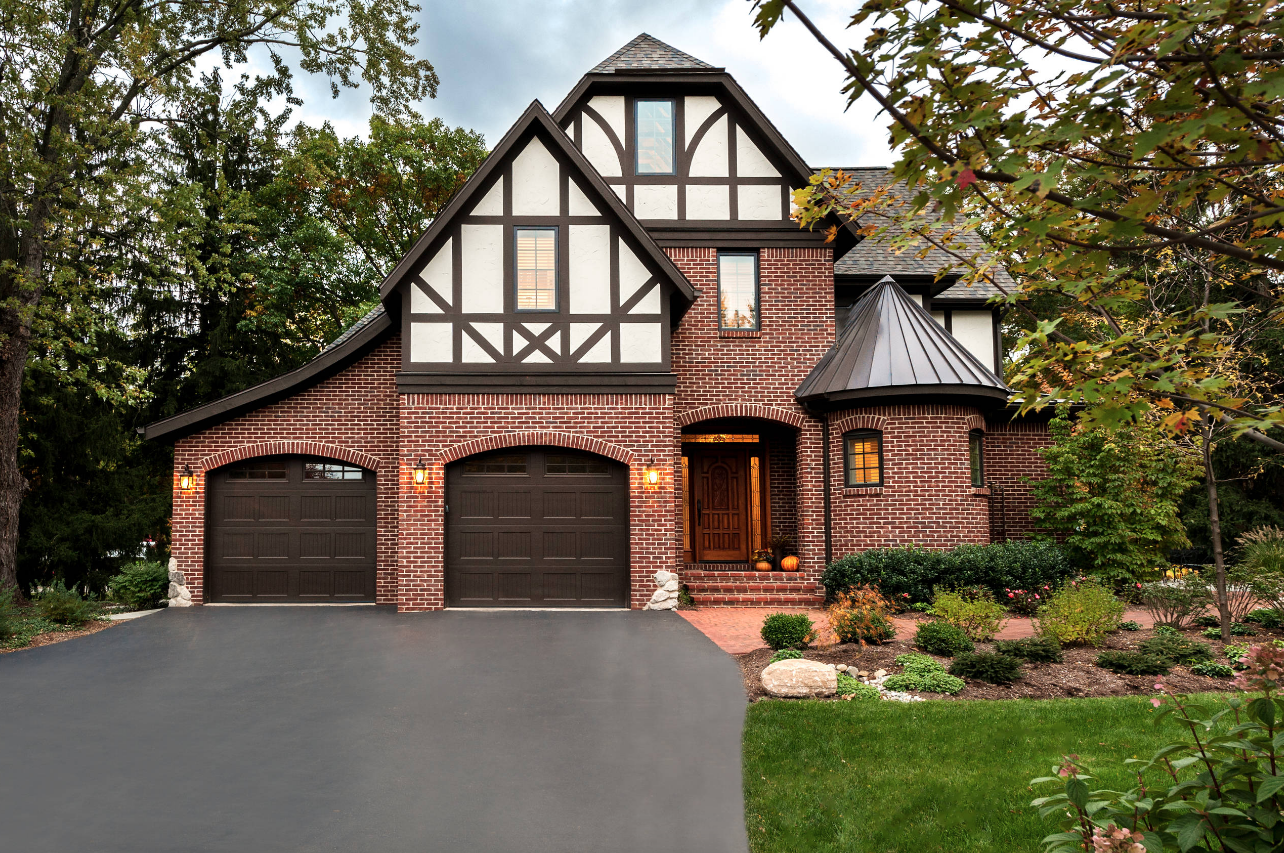A Homeowner’s Guide To Smart Water Monitoring
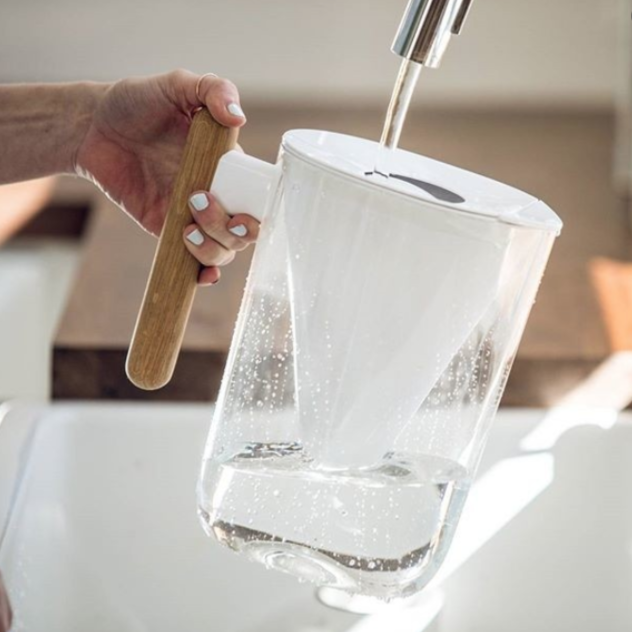
Learn how to monitor your home’s water consumption with these easy methods!

Photos By: Stock Images
Some homes overlook the misuse of water, and sometimes its quality is compromised. As a valuable resource, it’s important to conserve it. Fortunately, modern technology made it possible to develop smart ways to monitor water consumption efficiently. With the help of new devices and apps, households are now enabled to be more mindful of their water usage. You can use different devices, from sensing leakages to how much water is being used. So, if you’re interested in learning more about functional approaches to water monitoring, continue reading.
Smart Water Meters
Households in the United States are wasting up to 90 gallons of water per day, and this can reach up to a trillion gallons nationally. That includes clean water because of leaky faucets, pipes, and old metering systems, costing over USD$ 2.6 billion worth of clean water down the drain.
Fortunately, there are intelligent water meters similar to bluebot that can automatically record and report water usage. These smart water meters come with an app you can download to your smartphone. Connect it to your water meter, and you’ll be able to monitor the usage, water pipe condition, temperature, and valves.
Some apps also feature real-time custom reports on daily water consumption and possible anomalies in pressure and flow. It can also determine if there is any tampering or leakages. Moreover, smart water meters are also capable of real-time water billing. Web-based meters can automatically generate and send out bills to customers on time without manual effort.
Smart Water Heaters
A smart water heater can be convenient if you like taking a hot shower at a particular time. These devices can give you a continuous supply of temperature-controlled water. They also have added features that can help conserve water and control usage remotely. In addition, these smart water heaters can also monitor the user’s behavioral patterns and predict water usage through innovative technology analysis.
Homeowners can prevent both water and energy wastage by using a smart app. They can use their smartphones to turn off the heater when not in use and turn it on to get it ready when they arrive home. Updating your water heating system can help you save energy and water bills while giving you more control and safety in your home. When you leave the house, you’ll never again have to second-guess whether or not you turned off the water heater.
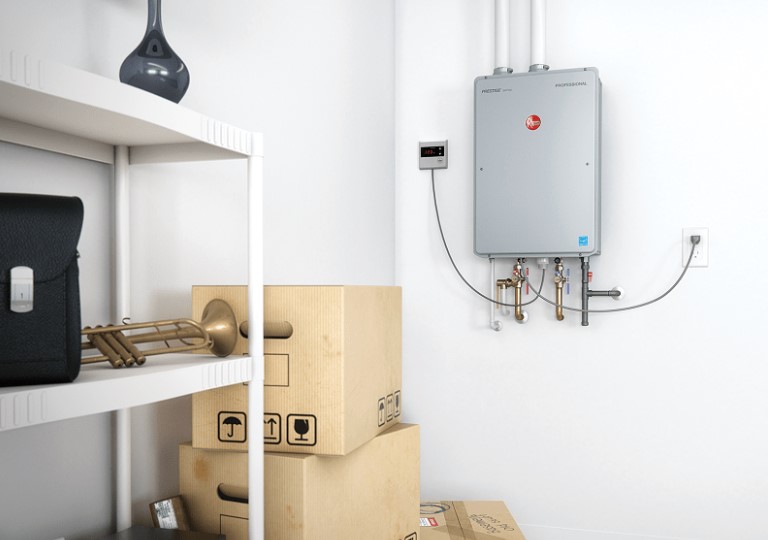
Water Leak Sensors
Water leaks are one of the reasons why good water is wasted. Using a water leak sensor and placing them strategically around the home can help you address leaks as soon as possible. You can put them on sinks, toilets, dishwashers, showers, tubes, water heaters, and more.
A water leak sensor will alert you and send you a text message when it detects a leak. The notification indicates that you should turn off your home’s water supply. You’ll also receive more alerts until the water flow at home stops. If you are going to be away from home for an extended period, you should ensure that a trusted family member, neighbor, or landlord can turn off your water supply.
That said, it’s best to have the water supply turned off if you’ll be away from home for a while. Water pressure is reduced to prevent further damage from the leak. There are also flood detectors that have sensors that you can place anywhere in the house with a high risk of flooding. It also sets off an alarm when it detects water.
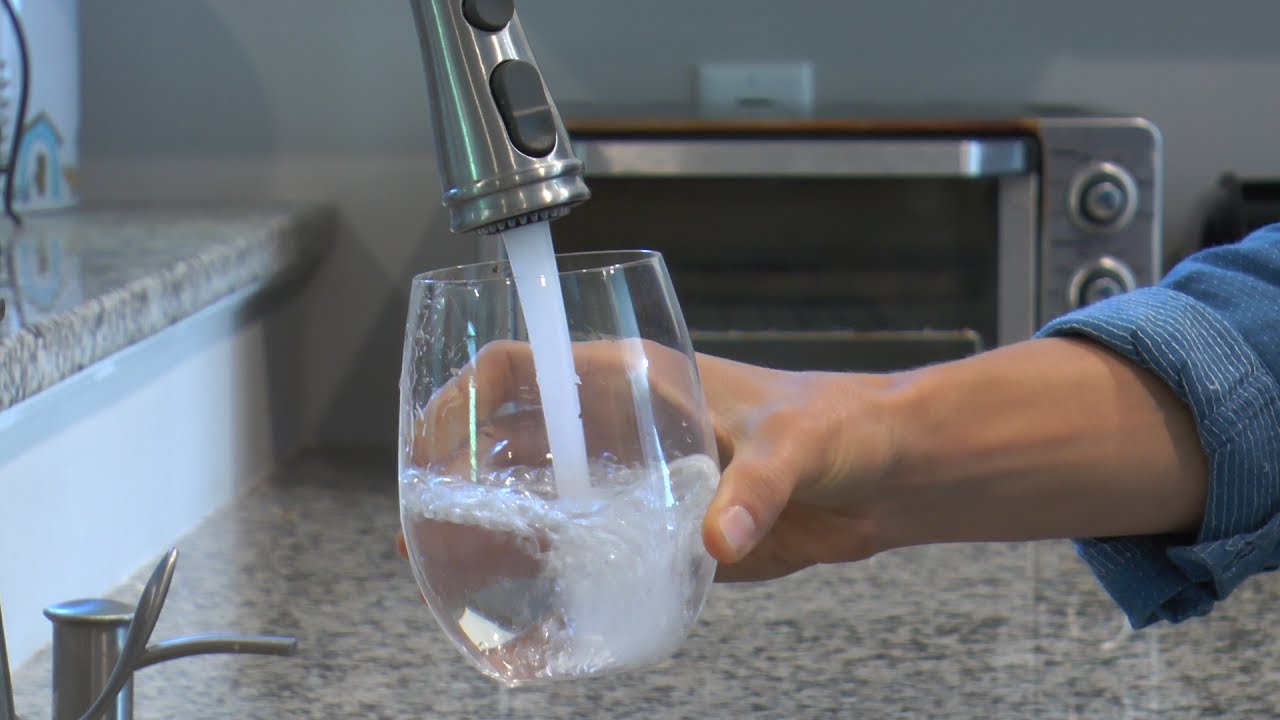
Water Quality Monitoring System
Water service to your home should also be safe for drinking, at least for some areas where households can drink water from their faucets. You can ensure that your water is safe enough for drinking by installing a quality monitoring device that you can install in your plumbing fitting.
These devices connect to Wi-Fi and send information in real time. It serves as your warning system when contaminants are detected in your water. The device measures solids dissolved in water and can quickly detect water supply disruptions. The device can also detect effectiveness if you pair it with a water filter. While some are not equipped to detect the presence of bacteria fully, chemistry fluctuations can indicate that biological components compromise water quality. Water monitoring becomes easier when you can use one or more devices in your home. You can find the right system according to your needs and never worry about water consumption again.
In Conclusion
The use of internet-based platforms is an integral part of smart water monitoring. With such gadgets, you can monitor your water consumption, maintain an optimal temperature, quickly fix any leaks, and spot any problems with the water supply. You can research more technologies to help you save, enjoy and drink water safely for your entire household.


